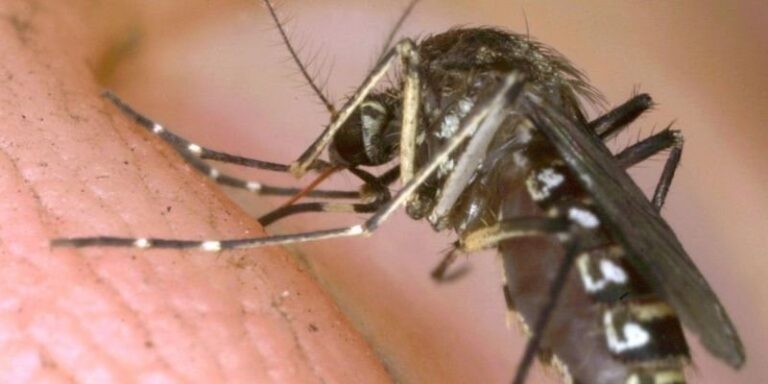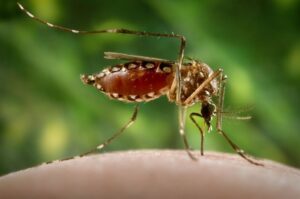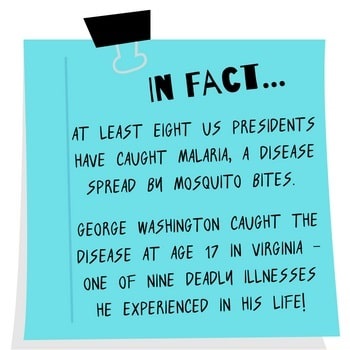Why Mosquitos Like Some People More Than Others
Lots of theories but little evidence – until now.
By: Leesa Donner | January 30, 2023 | 642 Words

(Photo by Tom Ervin/Getty Images)
You’ve probably heard the theories. Mosquitos bite people who are short on vitamin B. Maybe it’s because you just ate some cheese. Another notion is people with type O blood are incredibly yummy to the flying insect. There have been plenty of suspicions about why the insects prefer some people more than others, but not many conclusions. If you are one of those who get a lot of mosquito bites, there is some good news in a recent scientific study.
Mosquitos – A Bug to Take Seriously
Why the Aedes aegypti prefers some people over others does matter. These little beasts are highly efficient at spreading diseases. Dengue fever, Chikungunya virus, Zika virus, and Yellow fever are just a few illnesses humans can get from mosquito bites. Several studies claim this pesky little creature is the cause of more than 700,000 deaths each year. Luckily for Americans, these diseases are rare in the United States today, but anyone should take care when traveling to areas near the equator. Before the 1950s, Malaria was one common mosquito-borne disease across the US, with over a million cases recorded during the Civil War alone. Today, Africa faces the most danger from mosquitoes, followed by Central America, and southern Asia. Since mosquitos breed in water, swampy or tropical areas are especially friendly habitats for the insects.

(Photo by Smith Collection/Gado/Getty Images)
The science journal Cell recently published a study that offers a few conclusions about why some people are feasted upon and others left alone. “A single female mosquito will bite multiple humans during her 3- to 6-week lifetime to obtain sufficient protein to produce a new batch of eggs as often as every 4 days,” according to the report. In other words, the female bug will quickly bite several people, so she can lay as many eggs as possible during her short life. The red itchy rash resulting from a mosquito bite comes from the bug’s saliva left on your skin.
Dinner For Two?
Mosquitos have a highly developed sense of smell, and researchers found they are especially attracted to people with high levels of carboxylic acid on their skin.
The study was conducted over three years by using nylon stockings as bait. First, people wore stockings so researchers could collect their skin substances. Then the mosquitos were released into an area with several stockings. Scientists recorded which nylon attracted the most insects. Again and again, one type proved to be 100 times more alluring than the others – and it was the one with the most carboxylic acids.
 Carboxylic acid is a waxy coating that seeps from your pores. These compounds are present in all human skin, but some people generate more of it than others. The smell drives the female mosquito crazy for blood, and changing your soap won’t fix the problem. However, there are a few things you can do.
Carboxylic acid is a waxy coating that seeps from your pores. These compounds are present in all human skin, but some people generate more of it than others. The smell drives the female mosquito crazy for blood, and changing your soap won’t fix the problem. However, there are a few things you can do.
Mosquito Bites – How to Avoid Them
Humans with carboxylic acid mixed with ammonia and lactic acid are the ultimate buffet for a mosquito.
Lactic acid will be on your skin if you’ve just exercised. Playing sports and then sitting by the pool is an invitation for these pesky little creatures to feast upon your skin. Taking off your sneakers makes it worse because feet often hold the most pungent odors in the human body. Researchers suggest taking a bath or shower before going outside because soap and water reduce the acids on the skin. It’s also a good idea to wash your feet thoroughly if you want to avoid being a mosquito magnet.
Companies might soon jump on this new information and start researching a formula that can reduce the acids or mask this tantalizing smell. Until then, wash, rinse and repeat may be the best weapon against these nasty little vampires.
















